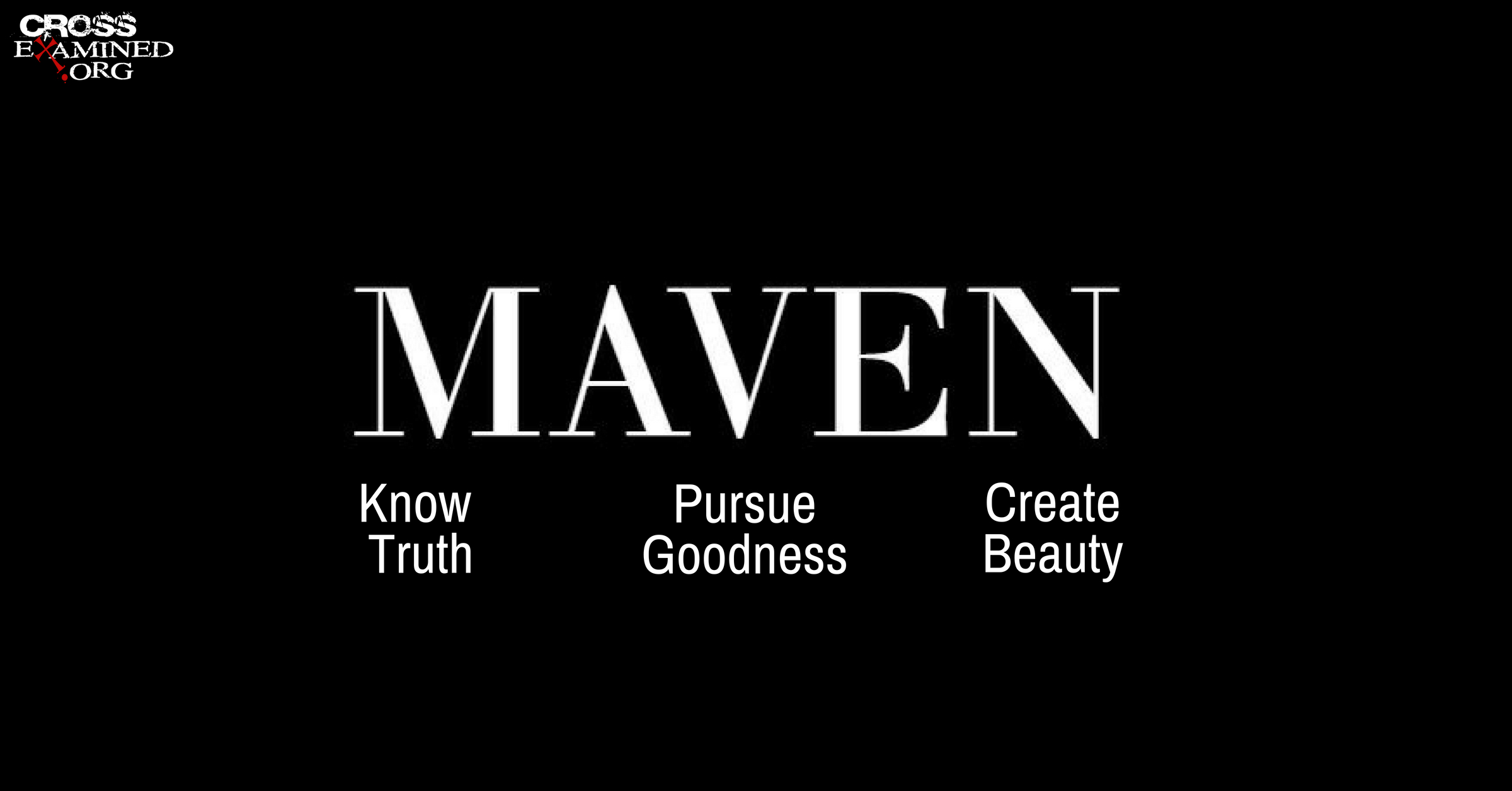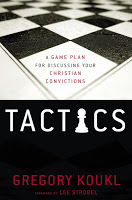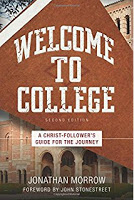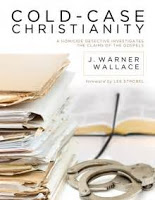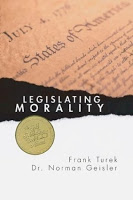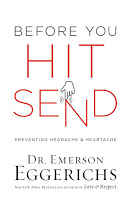By Andrew Cowley
When I was 14 years old, I publicly (and sincerely) denied the existence of God. I was wholly convinced that God didn’t exist and those who believed in God were delusional, unintelligent, naïve, and emotionally weak. Belief in God was the thing of fairy tales—not something intellectual or rational. As an atheist, I stood on the shoulders of giants like Sam Harris, Richard Dawkins, and Christopher Hitchens. I reveled in the idea that it was totally in my right to make snarky remarks to believers and to smugly laugh when a believer said they had “faith” in what they believed. “Faith”? That’s reserved for children and Santa Claus, not a modern intellectual who relies on empirical evidence and logic!
A month after my 28th birthday, I began to read books on the resurrection, historical Christianity, and Christian apologetics–objectively and with an open mind.
A funny thing happens when you start objectively looking and learning about the thing you so vehemently criticize and dismiss without a second thought… You begin to notice things you would never find in the New York Times, a blog post written by an Objectivist, or a meme that was shared thousands of times on Facebook that claims Jesus is just a rip-off of that pagan god that existed a long, long time ago. You start to take note of the historical evidence that seems to point to the same conclusion over and over again. You begin to read books by ancient historians that have nothing to do with the authors of the Bible, yet still talk about someone they called “Jesus” and what a group of “Christians” had been doing since His death and resurrection.[1] Books like The Resurrection of the Son of Man by N.T. Wright suddenly look like brilliant works of historical survey that can not only disprove empty claims that Jesus wasn’t unique but lay an irrefutable foundation of why Christ’s resurrection was a real event that took place and is the best explanation for why those closest to Christ lived and died for Him. The books of the Bible no longer look like manufactured pieces of fairy tales–they are pieces of history that can be attested to by the people that were actually there. The authors of the Bible are seen as independent eyewitnesses (and witnesses who actually spoke to those that were there) that are reliable and accurate.
It was an extremely hard thing to do to set aside my biases and look at the evidence for what it was: the Bible is a historical document written by real people that experienced real things. Jesus actually lived and walked on this earth, He had hundreds (if not thousands) of followers that were tortured and killed for believing He was the Son of God, and they wrote about it. The Bible (and more specifically, the Gospel) was written by people who were actually there. In fact, St. Paul makes a challenge to all those who doubt by telling us that if we don’t believe him, go and ask the hundreds of people who were there. They’ll most certainly agree with what he’s telling you.[2]
That’s quite the claim for a “fairy tale” and it’s certainly not belief in something that can’t be proved. Let’s not forget, St. Paul actively persecuted Christians and spoke out against Christ before his conversion. In other words, St. Paul didn’t want to believe Christ’s claims, but couldn’t deny it once he saw, and experienced it, for himself. Essentially, Paul hated Christ and His followers, yet couldn’t help but to believe.
Although, I must admit, believing in the resurrection does seem to fly in the face of what we experience from day to day. People don’t just resurrect from the dead, not in our experience anyway. As you read about the life, death, and resurrection of our Lord and Savior, you begin to seriously question what is or is not possible. For someone claiming to be God, they’d better have an amazing argument–and proof–on why we should believe them. After all, anyone can claim to be God and rise from the dead–but the claim alone doesn’t make it true. “Extraordinary claims require extraordinary evidence”, as they say.
Conveniently, Christ understood this and acknowledged our skepticism. Christ knew that there would need to be undeniable proof that he was the Son of Man and had fulfilled everything He set out to accomplish. Not only did Christ rise from the dead (just like He promised), he publicly revealed his resurrected body for all to see. Even still, some of the Disciples couldn’t believe their eyes[3]–frankly, I don’t blame them. Seeing Christ in His glorified form must have been truly terrifying and joyous all at once. Yet, Christ absolved all doubt. He told them to touch His body and feel His very real wounds. Not even the best scientific study under the best circumstances can claim to have such undeniable proof such as what the Disciples (and many others) experienced!
After Christ’s appearances, no one could convince the witnesses anything other than believing Christ Himself appeared to them in a glorified, resurrected body. Not torture, death, public execution, or anything else could change their minds. They know what they saw, and what they saw actually happened.
I think a completely fair objection to consider is that the disciples lied about seeing the resurrected Christ. Yet, we should ask ourselves, “Why would someone hold to a lie knowing full-well they’d be killed for holding that lie?”
Keep in mind there was nothing to gain from holding such a lie, yet everything to lose. Think about that for a moment… Would you hold to a lie that you know, for a fact, didn’t happen if you faced certain death and torture? I wouldn’t and I have a hard time believing anyone would.
However, this is not the same as someone dying for beliefs that they hold (i.e., dying for some cause). There is nothing equivocal between someone dying for an event they know didn’t happen and someone dying for a personally held belief. I hope you can see the difference between these two scenarios. The sincerity of the disciples (and subsequent Christians) plus Paul’s conversion is a testament to just how powerful this historical claim is and shows the resurrection of Christ really is the best explanation–especially when considering the historical backdrop of the story.
I’m not a Christian because I want to be one, I’m a Christian because I have no other choice. God has called me into his flock and I have answered that call with all my heart, mind, and soul. My sincere prayer is that all people can hear that call too.
Recommended resources related to the topic:
I Don’t Have Enough Faith to Be an Atheist (Paperback), and (Sermon) by Norman Geisler and Frank Turek
Stealing From God by Dr. Frank Turek (Book, 10-Part DVD Set, STUDENT Study Guide, TEACHER Study Guide)
Tactics: A Game Plan for Discussing Your Christian Convictions by Greg Koukl (Book)
Defending the Faith on Campus by Frank Turek (DVD Set, mp4 Download set, and Complete Package)
So the Next Generation will Know by J. Warner Wallace (Book and Participant’s Guide)
Fearless Faith by Mike Adams, Frank Turek, and J. Warner Wallace (Complete DVD Series)
Notes
[1] Jewish Antiquities, 18.3.3 §63
[2] 1 Corinthians 15:5-8
[3] John 20:24-29
______________________________________________________________________________________________________________________________________________
Andrew Cowley earned his Bachelor of Philosophy degree from the University of Utah, served in the U.S. Army, and is a published author. Once a devout atheist, he now serves Christ and holds to the promise the Gospel brings.




